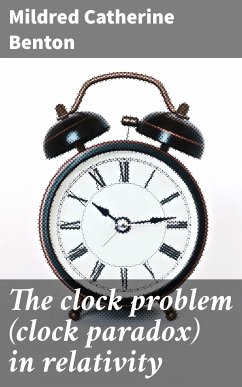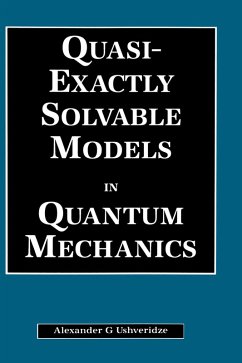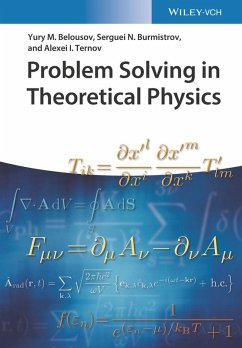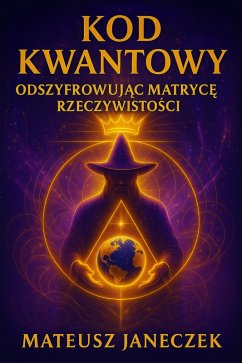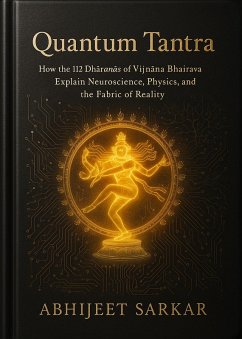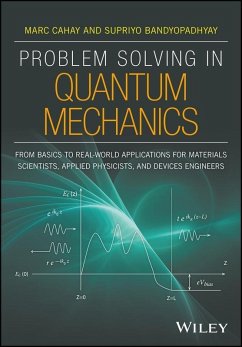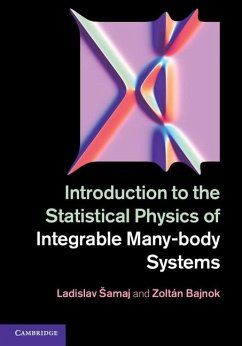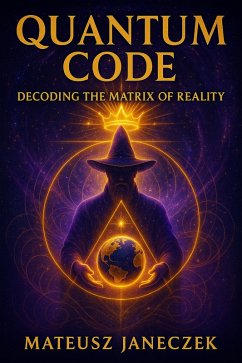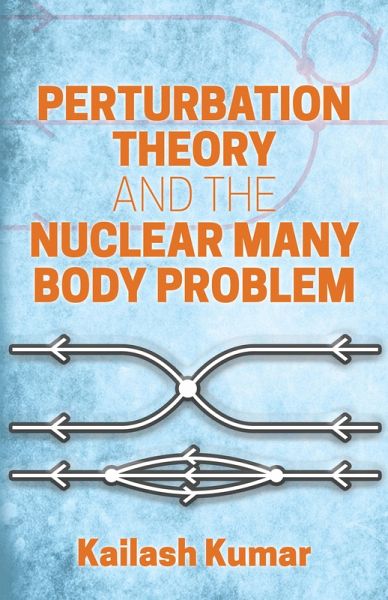
Perturbation Theory and the Nuclear Many Body Problem (eBook, ePUB)

PAYBACK Punkte
10 °P sammeln!
Perturbation Theory and the Nuclear Many Body Problem (eBook, ePUB)
Dieser Download kann aus rechtlichen Gründen nur mit Rechnungsadresse in A, B, BG, CY, CZ, D, DK, EW, E, FIN, F, GR, HR, H, IRL, I, LT, L, LR, M, NL, PL, P, R, S, SLO, SK ausgeliefert werden.




